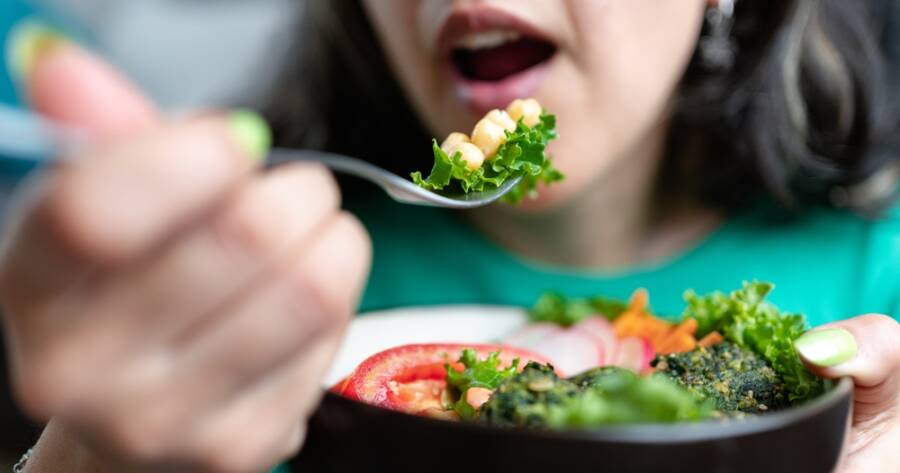Plant-based diets are gaining popularity across the United States as more people seek healthier lifestyles and sustainable food choices. From lowering the risk of chronic disease to reducing environmental impact, the benefits of eating more plant-based meals are well documented. But for many, the idea of giving up familiar favorites feels overwhelming. The good news is that making the switch doesn’t have to happen overnight. With small, practical steps, you can ease into a plant-based lifestyle and set yourself up for lasting success.
Start Small with Gradual Changes
One of the most effective ways to shift toward a plant-based diet is by starting small. Instead of cutting out all animal products at once, begin by designating one or two “meatless days” each week. Use these days to experiment with new recipes, such as lentil soups, veggie stir-fries, or bean-based tacos.
This gradual approach makes the transition less intimidating and allows your taste buds to adjust. It also gives you time to learn about plant-based cooking, which can be very different from what you’re used to. As you get comfortable, you can increase the number of plant-focused meals until it becomes your new normal.
Focus on Familiar Foods First
Switching to a plant-based diet doesn’t mean you have to give up the meals you already love. Many classic dishes can be adapted with plant-based ingredients. For example, chili can be made with beans and vegetables instead of ground beef, while pasta dishes can be paired with tomato or pesto sauces instead of meat-heavy toppings.
Replacing just one ingredient in a familiar recipe makes the change easier to accept. Over time, these simple swaps help build confidence in cooking plant-based meals and show that you don’t need to sacrifice flavor or satisfaction.
Learn to Read Labels Carefully
Moving toward a plant-based lifestyle requires paying closer attention to what’s in your food. Animal products are often found in unexpected places, from soups to breads to sauces. Learning how to read ingredient labels helps you avoid hidden animal-based items like gelatin, whey, or chicken broth.
While this might feel tedious at first, it quickly becomes second nature. Over time, you’ll discover new brands and products that fit your lifestyle. Label reading also helps you make healthier choices overall, since you become more aware of what goes into the foods you eat every day.
Explore Plant-Based Protein Sources
One of the most common concerns about plant-based diets is getting enough protein. Fortunately, there are plenty of plant-based sources to choose from. Beans, lentils, chickpeas, tofu, tempeh, nuts, seeds, and whole grains like quinoa are all rich in protein.
For variety, try incorporating different sources into your weekly meals. For example, chickpeas work well in curries and salads, tofu can be grilled or stir-fried, and quinoa makes a great base for bowls. Mixing these options ensures that you get the protein you need while keeping your meals interesting and satisfying.
Plan Ahead to Stay Consistent
Like any lifestyle change, planning ahead can make the difference between success and frustration. Take time each week to plan your meals and stock up on plant-based staples. Having ingredients like beans, whole grains, vegetables, and nuts ready to go makes it easier to prepare quick meals when life gets busy.
Meal prepping can also help you stay on track. By preparing a few plant-based dishes in advance, you’ll always have healthy options available, reducing the temptation to fall back on old eating habits. Over time, this routine will make plant-based eating feel natural and convenient.
Building a Sustainable Lifestyle
Switching to a plant-based diet is not about perfection—it’s about progress. By starting small, adapting familiar meals, reading labels, exploring plant-based protein, and planning ahead, you can make the transition both manageable and enjoyable.
Each small step adds up to meaningful change for your health and the environment. With consistency and openness to trying new foods, a plant-based lifestyle becomes less of a challenge and more of a rewarding long-term choice.

